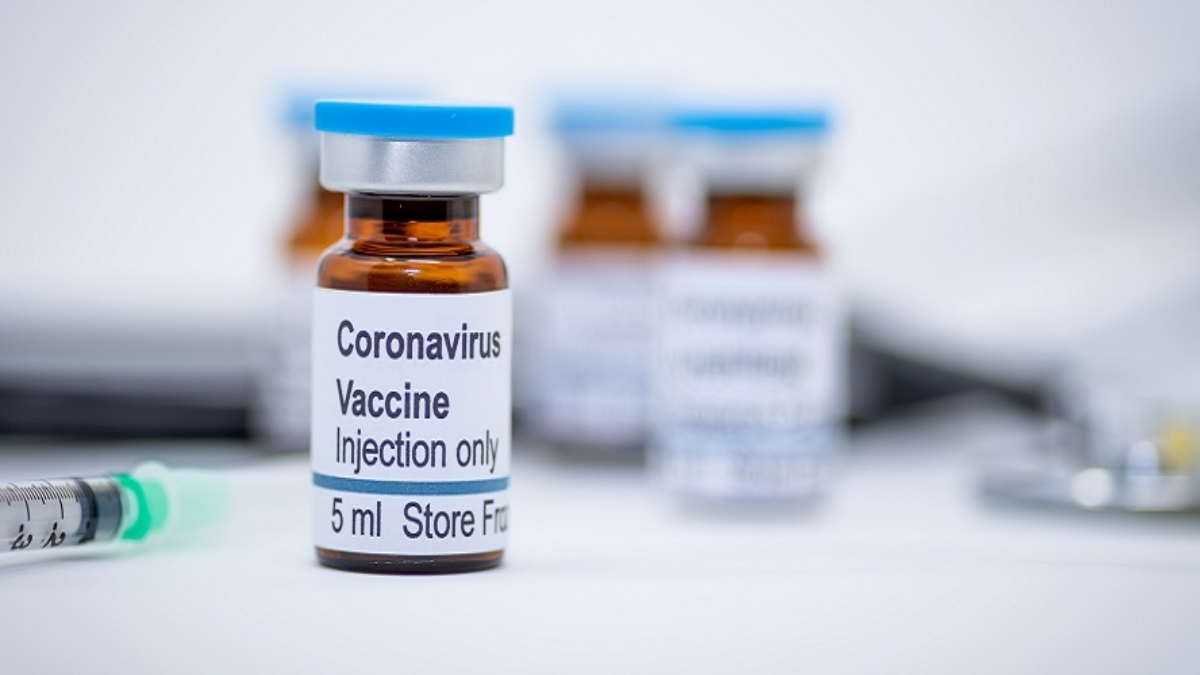










A vaccine candidate developed at the University of Oxford has shown encouraging results in early human testing and appears to be “safe well-tolerated, and immunogenic”, according to a study published in The Lancet.
Trials involving 1,077 people showed the injection led to them making antibodies and white blood cells that can fight coronavirus. “Our preliminary findings show that the candidate ChAdOx1 nCoV-19 vaccine given as a single dose was safe and tolerated, despite a higher reactogenicity profile than the control vaccine, MenACWY,” the researchers, led by Pedro M Folegatti and Katiet Ewer, wrote in the study.
“No serious adverse reactions to ChAdOx1 nCoV-19 occurred. The majority of adverse events reported were mild or moderate in severity, and all were self-limiting,” the study said.
Also read: UPSC to conduct PTs/ Interviews of remaining candidates from July 20
Also read: Covid-19 impact: IndiGo decides to lay off 10% staff
The clinical trials of a potential COVID-19 vaccine on humans began in April. The Oxford vaccine — called ChAdOx1 nCoV-19 — is made from a harmless chimpanzee virus.
The human vaccine trial has been developed by scientists at Oxford University’s Jenner Institute, the university confirmed to CNN. The preliminary results of the trial of a new treatment for COVID-19 “greatly reduced” the number of hospitalized COVID-19 patients requiring intensive care, said the company that developed it.
In a statement dated July 20, UK-based Synairgen plc announced positive results from its trial of SNG001, the company’s wholly-owned inhaled formulation of interferon-beta in hospitalized COVID-19 patients. The Phase II trial recruited 101 patients from 9 specialist sites in the UK during the period March 30 to May 27.
Half of the participants were given the drug while the other half got what is known as a placebo – an inactive substance.
It was found that patients receiving SNG001 had a 79 percent lower risk of developing a severe disease compared to the placebo and added that patients who received SNG001 were more than twice as likely to recover from COVID-19 as those on placebo.
“We are all delighted with the trial results announced today, which showed that SNG001 greatly reduced the number of hospitalized COVID-19 patients who progressed from ‘requiring oxygen’ to ‘requiring ventilation’. It also showed that patients who received SNG001 were at least twice as likely to recover to the point where their everyday activities were not compromised through having been infected by SARS-CoV-2,” the statement quoted Richard Marsden, CEO of Synairgen, as saying.
“In addition, SNG001 has significantly reduced breathlessness, one of the main symptoms of severe COVID-19. This assessment of SNG001 in COVID-19 patients could signal a major breakthrough in the treatment of hospitalized COVID-19 patients. Our efforts are now focused on working with the regulators and other key groups to progress this potential COVID-19 treatment as rapidly as possible,” he added.
Also read: Anupam Kher shares his mother’s health update, says don’t be emotionally distant from Covid positive










